This month I want to highlight why making your private practice web site or online platform accessible is simply the right thing to do even if you haven’t been given a legal challenge at this point. I want to give credit to disability rights attorney Lainie Feingold. Much of this current content comes from her webinar from 12/10/2021. You can learn more about her practice and the current state of the law with regard to accessibility by going to her web site at www.lfl-egal.com.
How should we view the concept of access and accessibility? First, therapists should recognize that accessibility is a civil right of the person with a disability. Digital accessibility means that the person who is blind or visually impaired can utilize the digital information independently without asking for help. This right of the individual grants them privacy, independence, and security. A web site that cannot be accessed independently creates a barrier for the person, thereby breaking the person’s right to privacy, independence, and security. Privacy is broken when I need to ask a sighted person to assist me with completing a task. Of course, this means I am not able to be independent when I must ask for this assistance. Security is broken because I must typically give the person access to user names or passwords in this process.
We know that the law solidifies these civil rights through Title II and Title III of the ADA. Title II mandates that federal, state, and local governments make their web sites accessible to the public. Private practices that accept federal funds through Medicaid, Medicare, or other federal or state programs are expected to make their online services accessible to the public.
Title III applies to the business that offers a service or a product to the public. Last month we highlighted how this act easily applies to the brick and mortar business and any architectural barriers. We recognized that the guidelines for the online business or practice may not be as clear-cut as technology and the law are rapidly evolving.
I agree with accessibility attorney Lainey Feingold who states that it’s better to be proactive rather than reactive in these circumstances. Therapists who practice online or who have a web site should make a good faith effort to promote accessibility to avoid future legal conflicts and to promote the dignity and civil rights of persons with disabilities. Therapists should recognize that accessibility is about people and about promoting an individual’s dignity and sense of independence. As therapists, we are bound by an ethical code that requires that we promote the ethical concepts of autonomy, beneficence, and non-malfeasance. Providing information in an accessible manner promotes these concepts as it enables the person who is blind to be independent and to be empowered to accomplish a task.
Are you looking for accessibility guidance? Kimberly can be contacted for networking, conversation and consultation on the topic of accessibility. To contact Kimberly go to: https://www.counselingbykimberly.com/contact/


